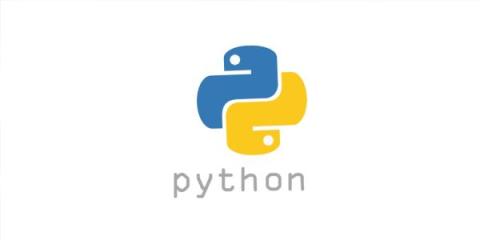How to Set Up and Manage Cron Jobs in Node.js: Step-by-Step Guide
Cron jobs are an essential tool for automating repetitive tasks in backend development. Whether you're running scheduled tasks like sending out emails, cleaning up databases, or performing regular backups, a cron job in Node.js can handle the heavy lifting. In this guide, we’ll walk through everything you need to know about cron jobs in Node.js, from setup to execution.











